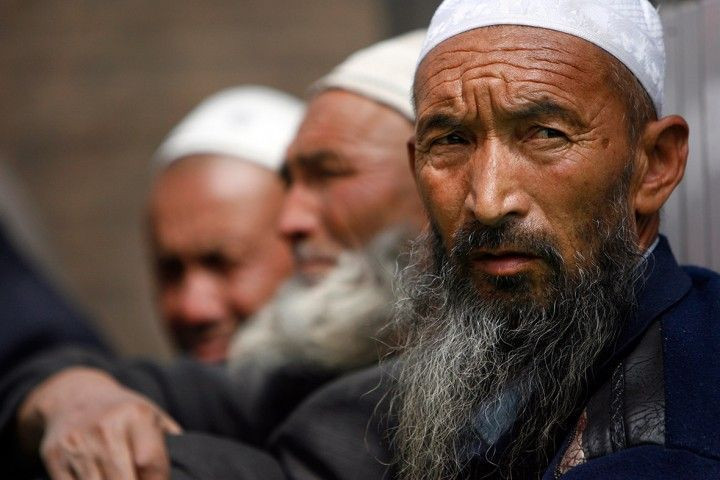Ramadan 2015: Fasting Banned In China For Muslim Government Employees, Students And Teachers

As the world’s Muslim followers begin their celebration this week of Ramadan, a holy month of fasting and reflection, China will ban many of its practicing Muslims from observing the important holiday. China is instituting a ban on fasting during Ramadan that was introduced last year for government employees, students and teachers in the predominantly Uighur Muslim province of Xinjiang.
Additionally, Xinjiang’s Jinghe county Food and Drug Administration posted a notice on its website saying that food-service workplaces will still continue to operate with normal hours during the fasting period. In previous years, the central government claimed that fasting was banned, especially among children, due to concerns of health and safety from not eating enough.
However, the specifics of the ban have extended well beyond fasting and into the other religious activities associated with Ramadan. According to the South China Morning Post, officials in Xinjiang’s Bole county were told to “not engage in fasting, vigils or other religious activities.” Similarly, the Education Bureau in the city of Tarbaghatay, or Tacheng in Mandarin, instructed schools to advise students of several imperatives: “[D]o not fast, do not enter mosques … and do not attend religious activities.”
China’s official atheist government has banned religious activity within the government for years, but such restrictions have led some in the community to impose the ban on people who do not fit into the restricted demographic. Last year, for example, restrictions were imposed on the Muslim population at Kashgar Normal College, even though most students did not fall into the category of people banned from observing. According to a student speaking to Radio Free Asia, to ensure students would eat food during daylight hours (when fasting is supposed to happen), the administration allegedly insisted that campus eateries close during Ramadan evenings and be open only during the day. Establishments that refused were reportedly subject to fines.
Uighur advocates say that the ban will continue to exacerbate growing ethnic tensions in the country between the predominant Han Chinese and Uighur Muslims. “Policies that prohibit religious fasting are a provocation and will only lead to instability and conflict,” Dilxat Rexit, a spokesman for the Chinese-exiled World Uyghur Congress, said.
And it appears that China’s government is aware that instability from the religious oppression could lead to conflict. Officials in the Qiemo county met with Muslim community leaders to inform them that to “maintain stability” there would be an increase in inspections during Ramadan.
© Copyright IBTimes 2024. All rights reserved.





















